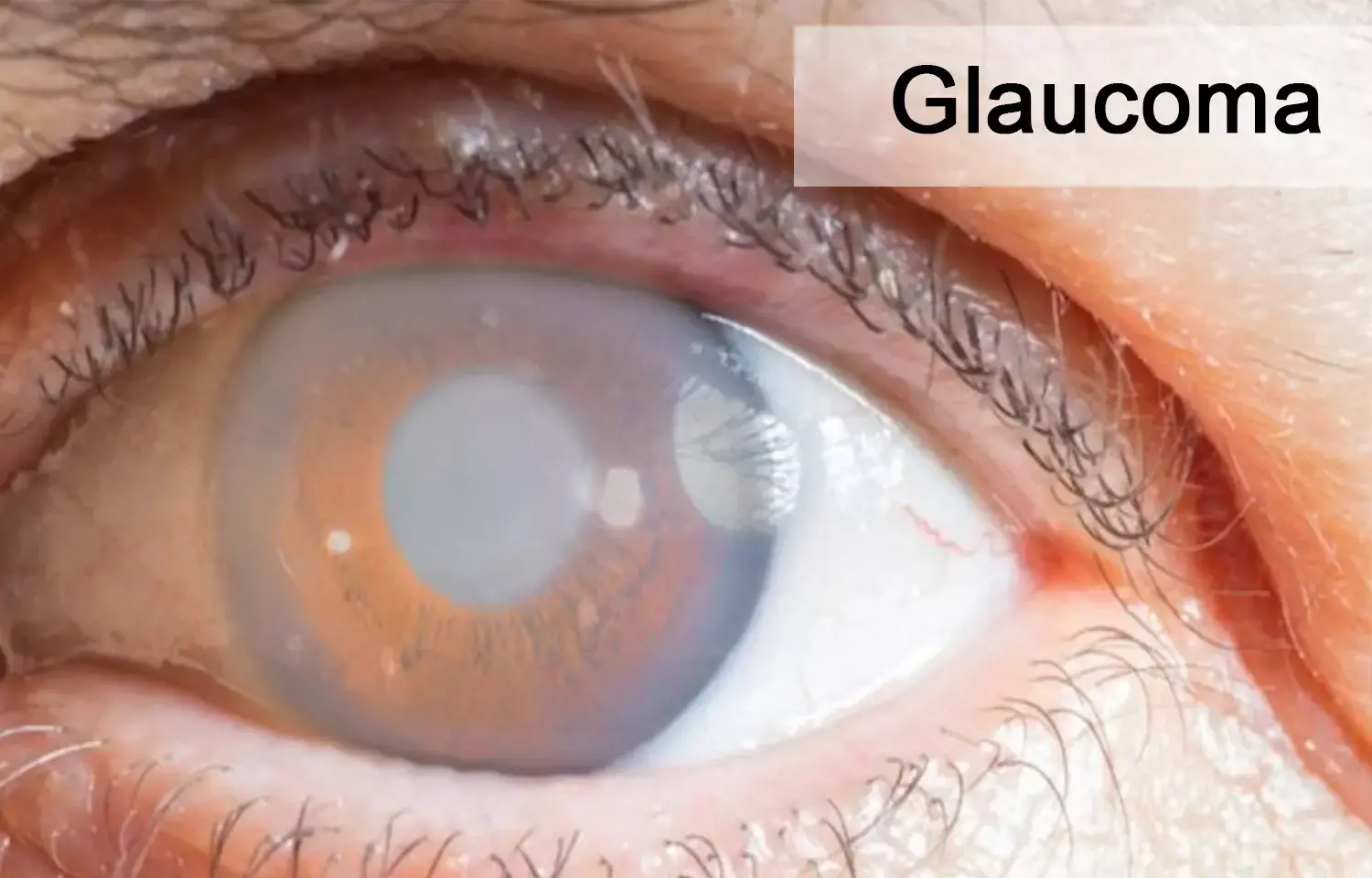- Home
- Medical news & Guidelines
- Anesthesiology
- Cardiology and CTVS
- Critical Care
- Dentistry
- Dermatology
- Diabetes and Endocrinology
- ENT
- Gastroenterology
- Medicine
- Nephrology
- Neurology
- Obstretics-Gynaecology
- Oncology
- Ophthalmology
- Orthopaedics
- Pediatrics-Neonatology
- Psychiatry
- Pulmonology
- Radiology
- Surgery
- Urology
- Laboratory Medicine
- Diet
- Nursing
- Paramedical
- Physiotherapy
- Health news
- Fact Check
- Bone Health Fact Check
- Brain Health Fact Check
- Cancer Related Fact Check
- Child Care Fact Check
- Dental and oral health fact check
- Diabetes and metabolic health fact check
- Diet and Nutrition Fact Check
- Eye and ENT Care Fact Check
- Fitness fact check
- Gut health fact check
- Heart health fact check
- Kidney health fact check
- Medical education fact check
- Men's health fact check
- Respiratory fact check
- Skin and hair care fact check
- Vaccine and Immunization fact check
- Women's health fact check
- AYUSH
- State News
- Andaman and Nicobar Islands
- Andhra Pradesh
- Arunachal Pradesh
- Assam
- Bihar
- Chandigarh
- Chattisgarh
- Dadra and Nagar Haveli
- Daman and Diu
- Delhi
- Goa
- Gujarat
- Haryana
- Himachal Pradesh
- Jammu & Kashmir
- Jharkhand
- Karnataka
- Kerala
- Ladakh
- Lakshadweep
- Madhya Pradesh
- Maharashtra
- Manipur
- Meghalaya
- Mizoram
- Nagaland
- Odisha
- Puducherry
- Punjab
- Rajasthan
- Sikkim
- Tamil Nadu
- Telangana
- Tripura
- Uttar Pradesh
- Uttrakhand
- West Bengal
- Medical Education
- Industry
Glaucoma linked to increased risk of dementia

Medical researchers in Australia have found a link between a type of glaucoma and an increased risk of developing dementia, according to a new study published in the British Journal of Ophthalmology.
Glaucoma is a condition in which the optic nerve becomes damaged and this can eventually lead to blindness.
In most types of glaucoma, nerve damage is caused by a build-up of pressure in the eye, but with normal-tension glaucoma, the optic nerve becomes damaged even though eye pressure stays within normal levels.
The disease pathway for normal-tension glaucoma is not fully understood, but the study authors say their findings suggest that it may share similar neurodegenerative pathways with dementia.
Lead author Dr Sean Mullany from Flinders University in Australia says two previous studies which showed a link between primary open angle glaucoma and dementia included lots of people of Asian ethnicity and this led the authors to wonder whether it may be specifically normal-tension glaucoma that is linked to cognitive impairment and dementia.
"Cognitive impairment was found to be more than twice as prevalent in patients with normal-tension glaucoma than it was in those with high-tension glaucoma."
"Our finding of an association between this type of glaucoma and cognitive impairment supports a growing body of evidence suggesting an association between glaucoma and dementia."
The researchers used the Australian and New Zealand Registry of Advanced Glaucoma to randomly select 248 patients aged at least 65 years who had normal-tension glaucoma, and these were matched by age and sex with 349 patients with high-tension glaucoma.
All the patients were invited to participate in a health questionnaire and cognitive assessment over the telephone.
A total of 290 patients - 144 with normal-tension glaucoma and 146 with high-tension glaucoma - had the cognitive screen. There were no differences in demographics or eye parameters between the two groups.
After accounting for dementia risk factors including high blood pressure, diabetes, smoking, and stroke, participants with normal-tension glaucoma were more than twice as likely to have cognitive impairment.
This study is observational in nature, so cannot establish cause. Likewise, the authors cannot account for unobserved data from participants cognitive screening.
This study along with other published data, however, supports the assertion that normal-tension glaucoma may be associated with dementia.
"This association between normal tension glaucoma and dementia has the potential to change our understanding about the glaucoma and provides insight into future treatment directions but further research is required to expand on this NTG-dementia relationship more definitively."
https://bjo.bmj.com/content/early/2021/02/25/bjophthalmol-2020-317461
Hina Zahid Joined Medical Dialogue in 2017 with a passion to work as a Reporter. She coordinates with various national and international journals and association and covers all the stories related to Medical guidelines, Medical Journals, rare medical surgeries as well as all the updates in the medical field. Email: editorial@medicaldialogues.in. Contact no. 011-43720751
Dr Kamal Kant Kohli-MBBS, DTCD- a chest specialist with more than 30 years of practice and a flair for writing clinical articles, Dr Kamal Kant Kohli joined Medical Dialogues as a Chief Editor of Medical News. Besides writing articles, as an editor, he proofreads and verifies all the medical content published on Medical Dialogues including those coming from journals, studies,medical conferences,guidelines etc. Email: drkohli@medicaldialogues.in. Contact no. 011-43720751


